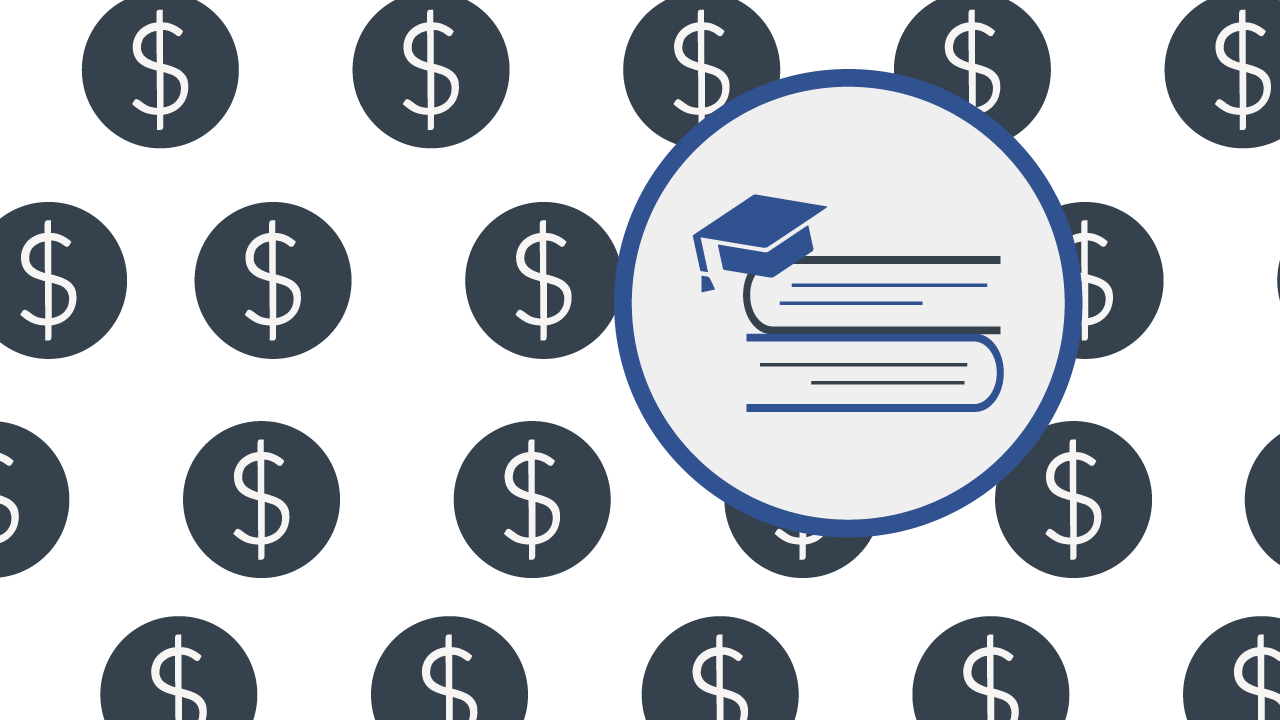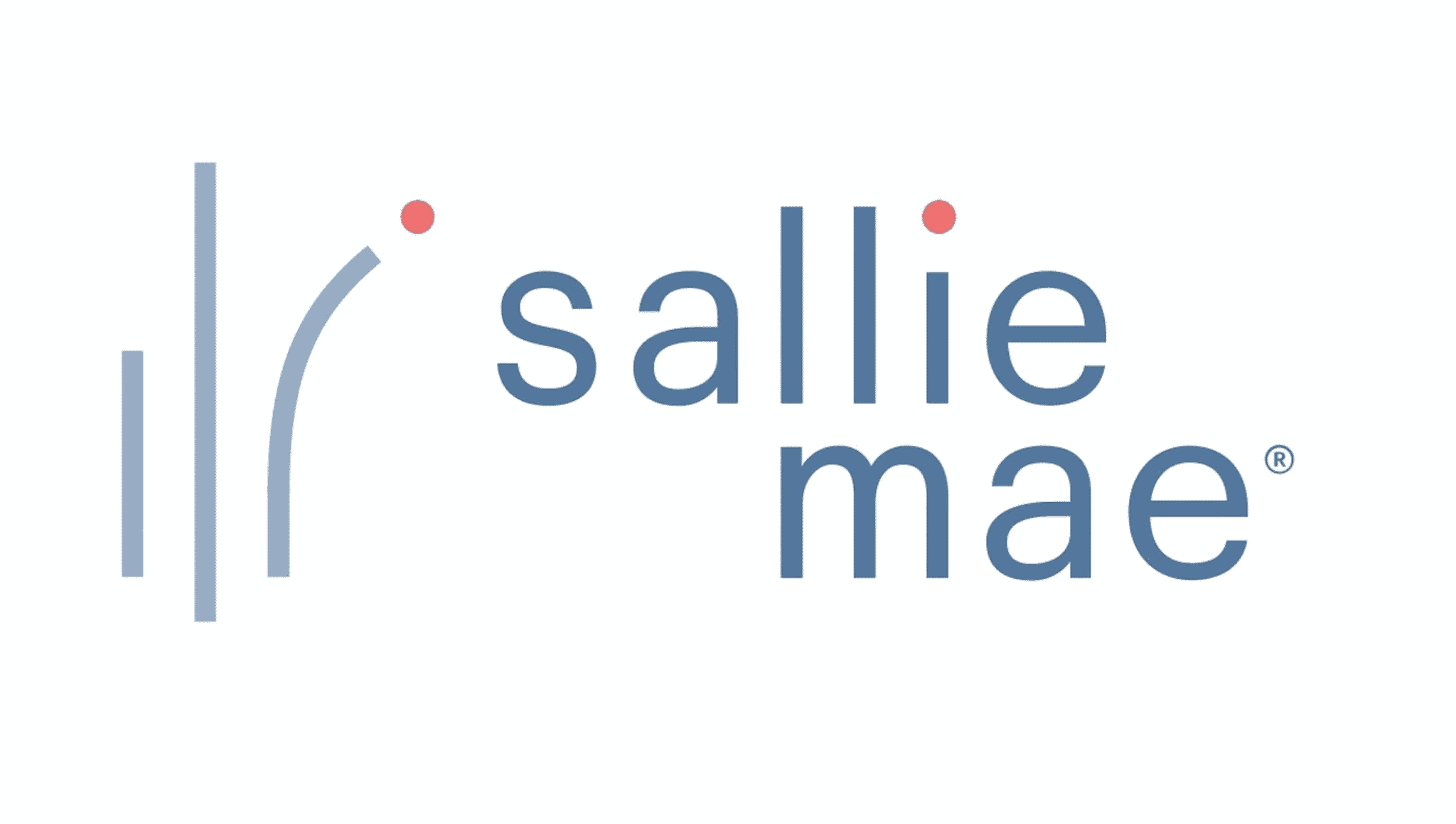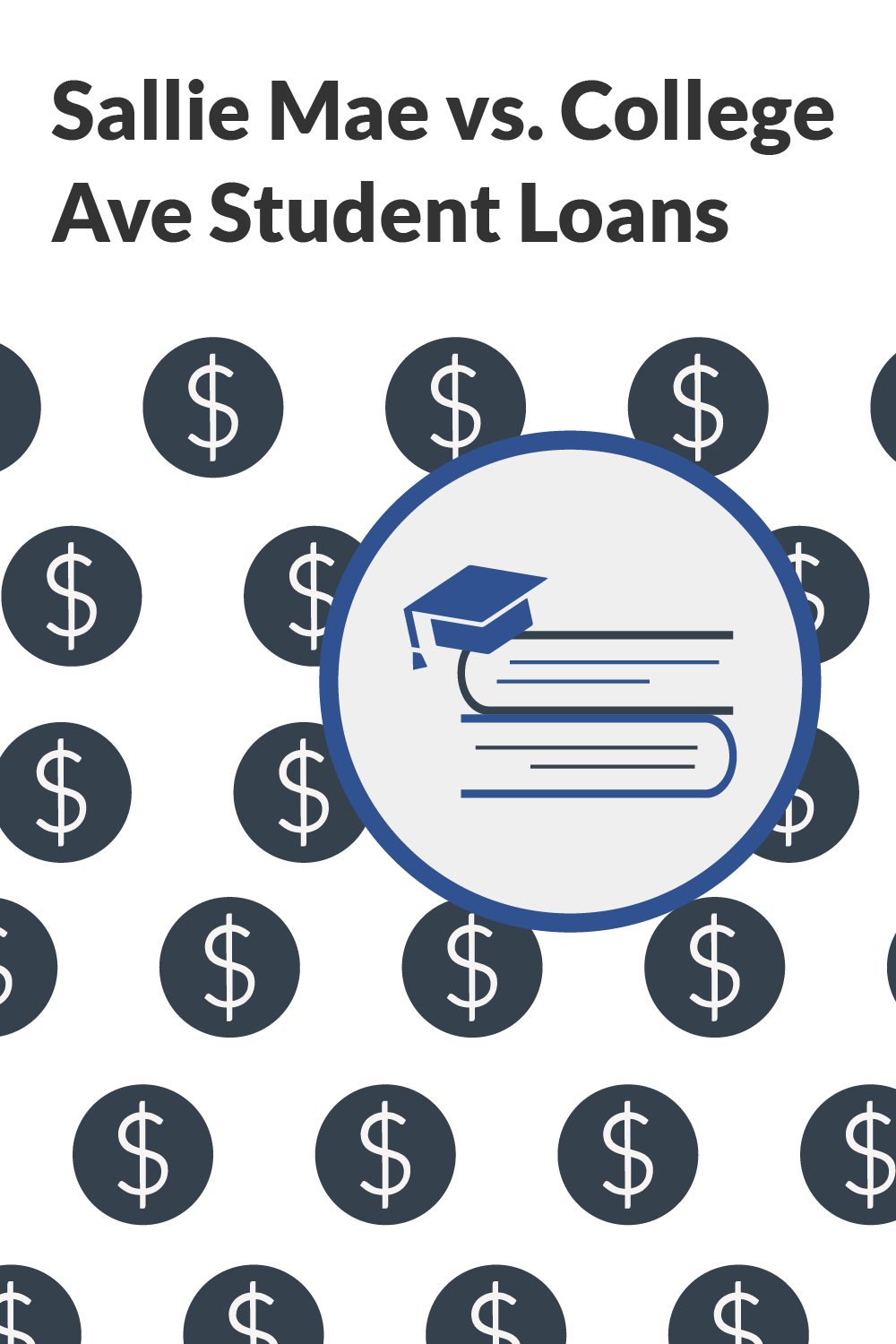
Sallie Mae and College Ave are two well-known lenders that offer student loans for undergraduates as well as graduate programs. Figuring out which one to choose ultimately depends on your personal financial situation and your goals after college.
While federal student loans are a common choice for many students, they aren’t the only way to finance your education. Loans from private lenders can help you bridge any gaps you have in your funding while also providing resources to set you up for success after you graduate.
This guide dives into both Sallie Mae and College Ave and some things to consider to determine which one is right for you.
Company Overviews
Sallie Mae and College Ave both provide student loans to borrowers looking to finance their education. Here’s how the companies break down:
Sallie Mae | College Ave | |
|---|---|---|
Fixed APR | 4.25% - 15.49% | 4.29% - 16.69% |
Variable APR | 5.37% - 15.70% | 5.59% - 16.85% |
Terms | 10 to 20 years | 5, 8, 10, or 15 years |
Loan Amounts | Starting at $1,000 up to cost of attendance | Starting at $1,000 up to cost of attendance with some degrees capping out at $150,000 |
Credit Score | Does not disclose | Does not disclose |
Forbearance | Deferment and forbearance | Deferment and forbearance |
Fees | None | None |
Sallie Mae
Sallie Mae is one of the oldest student loan providers on the market and has the best brand recognition as a result. Founded in 1972, the company originally serviced federal student loans but now only offers private student loans.
Sallie Mae is a popular option because it offers loan options to a wide number of students. Loans can be issued to students in undergraduate and graduate programs, including those in medical school and law school. It also includes students enrolled part-time as well as students enrolled in certification programs.
One of the main draws is that Sallie Mae offers comprehensive financial planning services on its website. This includes a scholarship directory that customers can use to offset the cost of their student loans as well as different non-loan accounts to help you grow your savings.
That being said, Sallie Mae offers limited repayment options of five, 10, or 15 years for undergraduate loans. This can make repayment challenging especially if your circumstances change during your career.
College Ave
College Ave is a relative newcomer to student loans. The company was founded by former Sallie Mae executives in 2014 with the goal of making it easier for students to get access to student loans.
Similar to Sallie Mae, College Ave offers a number of lending options for students in undergraduate and graduate programs, as well as students in professional training programs.
College Ave issues its loans based on how creditworthy an applicant is and their income. To help students qualify, especially undergraduates who may not have a robust credit history, applicants can apply with a cosigner.
College Ave offers four repayment options for undergraduates and five options for graduate students to tailor repayment to their budget. These options are designed to give borrowers the chance to repay their loans as quickly as possible.
One major drawback of College Ave is that some of its graduate loans come with a $150,000 limit. If you’re looking for funding to cover an expensive graduate program like business school, College Ave might not provide the funding you need.
Comparing Loan Features
Sallie Mae | College Ave | |
|---|---|---|
Autopay Discount | Yes | Yes |
Loan Terms | 10 to 20 years | 5, 8, 10, or 15 years |
Minimum Loan Amount | $1,000 | $1,000 |
Early Payoff Penalty | No | No |
Late Fees | Yes | Yes |
Forbearance | Yes | Yes |
Application or Origination Fees | None | None |
Sallie Mae and College Ave offer similar student loan options with College Ave offering slightly better terms. Borrowers that opt for College Ave have access to lower interest rates, more repayment options, and shorter terms.
There are no penalties for early repayment and neither company charges origination fees. A 0.25% discount is applied when borrowers opt for autopay. The lowest rate options include this discount.
Borrower Eligibility And Requirements
To qualify for a loan from College Ave or Sallie Mae, borrowers will have to meet a number of requirements. Neither company shares specific details about what goes into the approval process or how creditworthiness is defined.
Having an income – or applying with a cosigner that has an income – and a good credit score can help you get approved. Your rate, however, will vary depending on these factors.
Generally speaking, borrowers will need to be U.S. citizens and reside in a state where loans are offered. Sallie Mae offers loans to international students who apply with a cosigner who is a U.S. citizen. College Ave allows any student – or a cosigner – with a Social Security Number to apply.
Students will also need to be enrolled in a degree-granting school for the loan to be issued. For Sallie Mae, that includes students who are enrolled less than part-time up to full-time students.
Repayment Flexibility And Options
College Ave offers the most flexible repayment options. Students can choose a term of 5, 8, 10, or 15 years. Payments can be deferred while still in school, but there is also the option to begin repayment while you’re enrolled. This can be full payments, interest-only payments, or a flat payment of $25 a month. By making some payments while you’re enrolled, College Ave gives students the ability to reduce the cost of the loan over the long term, repaying it faster.
Sallie Mae offers similar repayment options. Students can make interest-only payments, a flat $25 a month payment, as well as deferring. Sallie Mae does not give students the option to make full payments while they're in school which can increase the lifetime cost of the loan.
Where Sallie Mae is lacking is in its terms and grace period. The terms are limited to 10 to 15 years. While College Ave offers a grace period between six to 36 months – depending on whether the loan was for undergraduate or graduate studies – Sallie Mae only offers a six month grace period.
Another big difference is when a cosigner is eligible for release from the loan. Sallie Mae allows cosigners to be removed from a loan after 12 consecutive on-time payments whereas College Ave requires that cosigners remain on the loan halfway through repayment.
Additional Benefits and Features
When it comes to choosing a private student loan provider, there are other benefits to consider. These benefits can help build financial literacy.
Sallie Mae offers educational resources that students can use to help them get the most out of their education. This includes a scholarship directory to help students find scholarships to help finance their education.
Sallie Mae also offers a number of savings products including a money market account, certificates of deposit, and a high yield savings account.
College Ave gives students the opportunity to see if they prequalify for a loan before actually applying. This can help borrowers evaluate their options without affecting their credit score.
College Ave also offers a student credit card. This can help borrowers build credit without charging fees or interest.
Application Process and Customer Experience
Both Sallie Mae and College Ave offer a similar application process. To start you’ll need to provide identifying information about yourself and your educational program. This includes your Social Security Number, address, and information about where you’re enrolled and what you’re studying.
Once you provide that you’ll be asked to submit financial information. This includes whether or not you’re employed, how much money you have in your bank account, any financial aid you’ve received, and your housing expenses if you rent or own a mortgage.
If you’re applying with a cosigner, they’ll be asked to provide similar information to verify their identity as well as their financials.
From there you’ll submit your application and Sallie Mae or College Ave will review it. You’ll be notified of approval shortly after you submit. If you don’t get approved right away you might need to provide additional information.
The last part of the loan process is choosing and accepting your loan terms. This is where you’ll be able to choose what type of interest rate you’d like – fixed or variable – and the amount of time you want to repay your loan.
After all of that is complete your lender will verify your enrollment and eligibility with your school. Once all of that is certified they’ll disburse the funds to your school on your behalf rather than getting the loan directly deposited to your bank account.
Related: How To Take Out A Student Loan (Federal And Private)
Red Flags and Considerations
While private student loans can help bridge any gaps your financial aid doesn’t provide, there are some risks to consider.
For one, private loans often come with much higher rates than federal student loans. While the lowest rates might be appealing, it can be difficult to qualify for the best rates if you don’t have an income or a good credit history. This is one reason why applying with a cosigner can help.
Both companies have poor customer service records but Sallie Mae has the worst. It has a 1-star review on the Better Business Bureau. Complaints include cosigners finding it difficult to get released from loans and borrowers having difficulty receiving payment assistance during periods of financial hardship.
College Ave is slightly better with 3.15/5 stars on the Better Business Bureau. The top complaints include being misled about rates and cosigner expectations.
Sallie Mae vs. College Ave: Which is the best option for student loans?
The best option for student loans ultimately comes down to your financial needs and personal situation. Here are a few scenarios to consider.
You Are Looking to Refinance Your Student Loans
You might consider refinancing your student loans well after you’ve graduated to take advantage of a lower interest rate. If this is something you’re thinking of doing, College Ave is the better option. They offer refinancing while Sallie Mae does not.
You Want Flexible Repayment Options
Both Sallie Mae and College Ave offer flexible repayment options but College Ave offers a bit more flexibility. This includes a wider range of terms, a longer grace period for some graduate degrees, and the ability to make full payments while you’re in school.
You Want to Apply with a Cosigner
For students thinking of applying with a cosigner, Sallie Mae is going to be the best option. They give cosigners the ability to be released from the loan after 12 on-time monthly payments. College Ave requires cosigners to be on the loan until half of it has been repaid. Depending on the loan term this could be anywhere from 2.5 to 7.5 years.
Conclusion
Sallie Mae and College Ave are two popular options for private student loans. While Sallie Mae is easier for cosigners, College Ave comes with greater flexibility in repayment terms. Private student loans can be necessary to meet your financial needs to cover the cost of your education. Evaluate your personal financial situation and shop around to get the best rate for you.

Amanda Claypool is a writer, entrepreneur, and strategy consultant. She’s lived in the Middle East, Washington, DC, and a 2014 Subaru Outback but now calls Asheville home. Amanda writes about money, crypto, emerging tech, and the future of the economy on Medium.
Editor: Ashley Barnett Reviewed by: Robert Farrington


